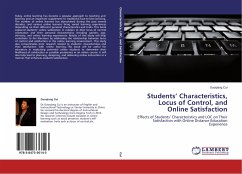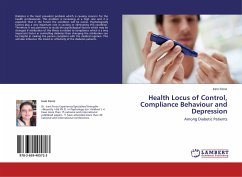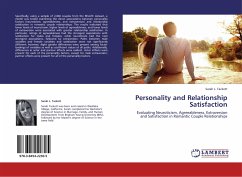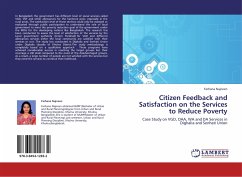Today, online learning has become a popular approach to teaching and learning and an important supplement to traditional face-to-face learning. The number of online learners has skyrocketed during the past several decades, and various online learners bring varied learning experiences depending on their different personal characteristics and traits. This book explored students online satisfaction in relation to their locus of control orientation and their personal characteristics including gender, age, ethnicity, and online learning experiences. Results of this study will help contribute to the literature by addressing the relationship between locus of control and satisfaction in the online learning environment. This study also consummates prior research related to students characteristics and their satisfaction with online learning. This book will be useful for educators in evaluating potential online students to determine their likelihood of satisfaction or possible persistence in an online course. It will also help lead to planning, designing, and delivering online instruction in a manner that enhances students satisfaction.
Bitte wählen Sie Ihr Anliegen aus.
Rechnungen
Retourenschein anfordern
Bestellstatus
Storno








